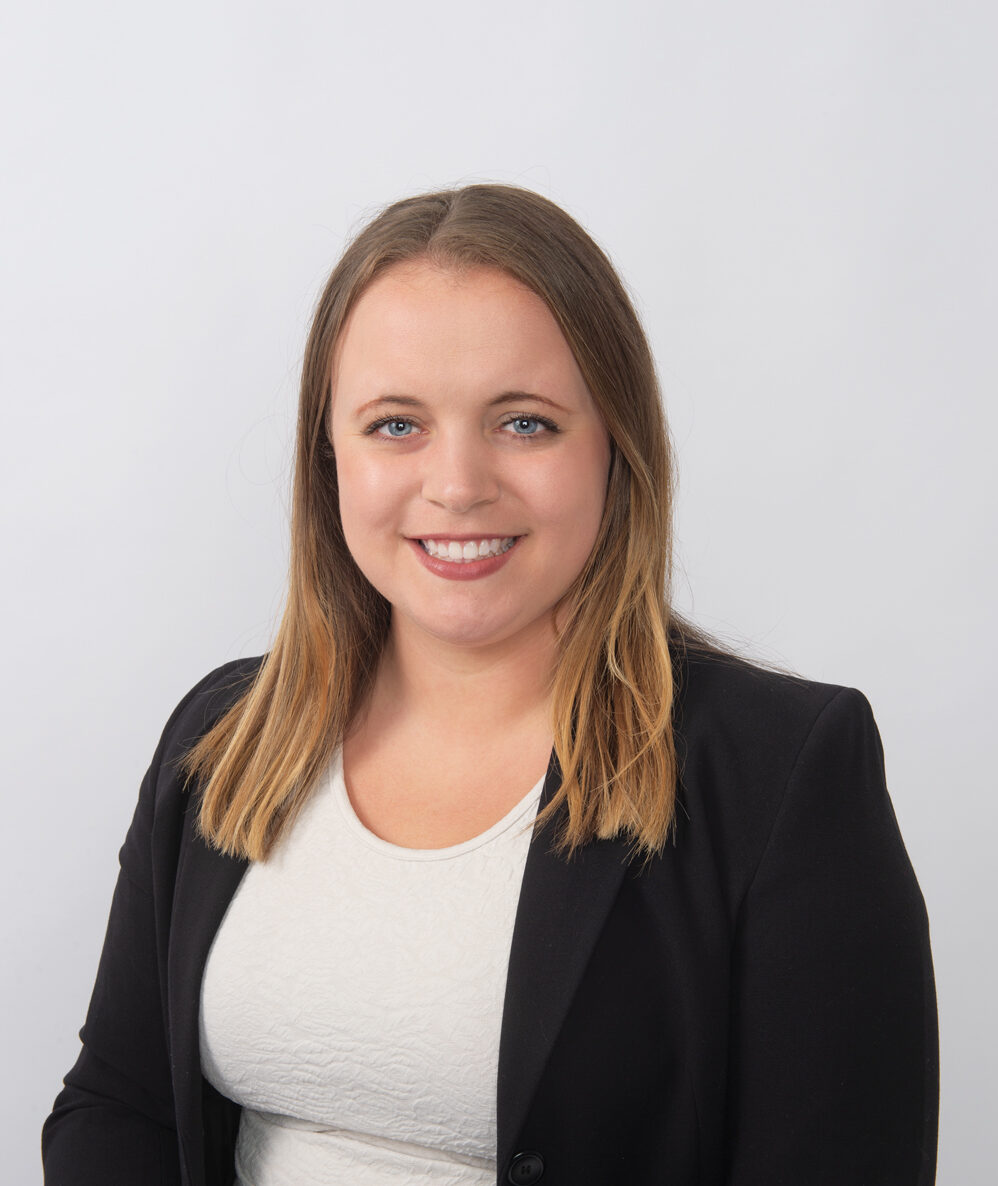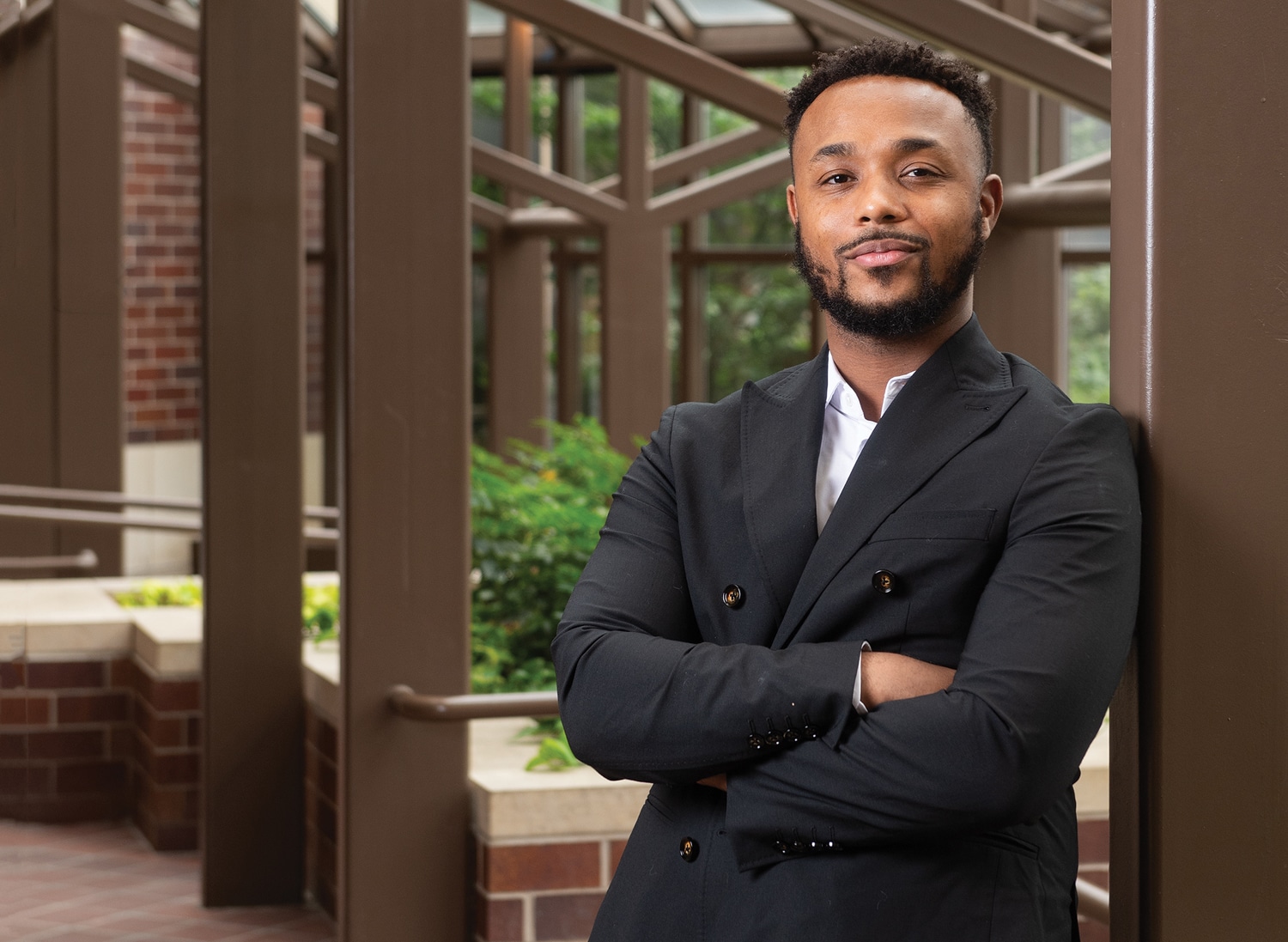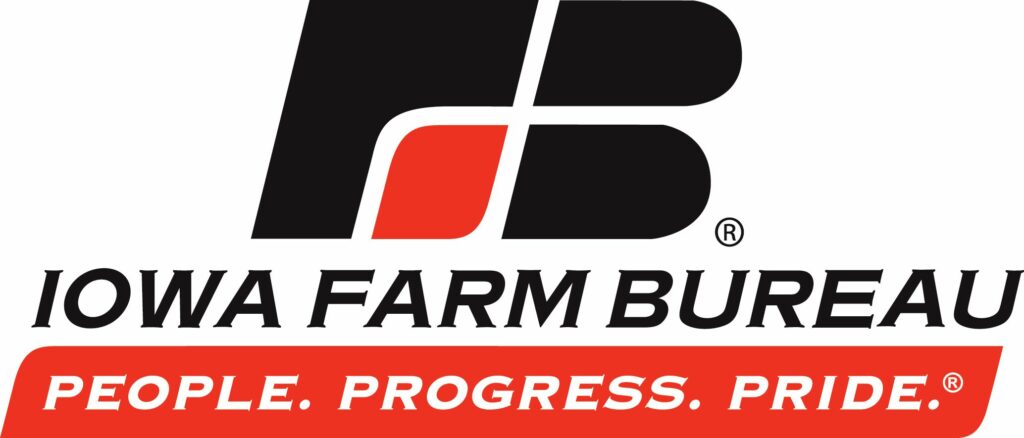A Closer Look: Octavius Evans
Executive director, Black Excellence Iowa

Emily Barske Wood Jul 12, 2024 | 6:00 am
6 min read time
1,539 wordsAll Latest News, Arts and Culture, Business Record InsiderThe nonprofit Black Excellence Iowa was formed to connect the local Black community, especially students, with opportunities that otherwise might be difficult to obtain because of racial disparities.
In October, the Des Moines-based nonprofit hired Octavius Evans as its first executive director to continue efforts alongside a working board. Evans grew up on the east side of Waterloo and despite a great community around him, he witnessed many racial barriers firsthand. The opportunity to help keep Black talent in Iowa and provide opportunities through Black Excellence drew him to relocate his family from Dubuque to Des Moines.
(The nonprofit hosts regular “Lunch n Learn” events to connect anyone interested in its work. See upcoming events at www.blackexcellenceiowa.org.)
We recently sat down with Evans to learn more about him and his goals.
What drew you to come to this role with Black Excellence?
I was fostered in a community that really believed in giving back, building a community, and servant leadership was just really at the core of everything that has made me who I am. I come from a faith community with values of faith, family and education. I tell everyone we are a return on someone else’s investment. I was fortunate enough to have teachers, to have community leaders, people from all walks of life, really wrap their arms around me since I was an adolescent, as well as in young adulthood.
How did your faith community influence you growing up?
My parents are faith leaders. So Sunday mornings were huge for us. Church for me was about hearing the testimonies of challenges that people may have faced throughout the week, and seeing how members within the faith community will wrap their arms around some of those people who may have been marginalized, socially outcast. Offering them a safe space to express some of that sorrow and some of those barriers that they face, while still inspiring change in leadership and service. Their hearts were filled with compassion and empathy, and I started realizing that that was something that not just the faith community needed, but the greater community at large.
How did that influence what you wanted to do with your career?
In a number of ways. No. 1, seeing the dedication from those faith leaders really just desiring to help in any way possible. That was very inspirational. My mom was huge on education, being an educator. So she instilled in us academic achievement, as well as make sure that, whenever we completed our education, to have a heart and desire to give back.
What past experiences are helping you in the role?
Understanding some of the challenges that our Black community members may face – I think those lived experiences really helped. Because despite me being part of a loving community growing up, we still had our challenges – still seeing impoverished neighborhoods, seeing students who just didn’t have that network of support or even being able to graduate high school. No one really cared to wrap their arms around them.
We have three pillars at Black Excellence: our boardroom pillar, our classroom pillar and our living room pillar. We’ve worked with organizations with diverse leaders to show the students that the opportunities are endless for them. A lot of times what we’re hearing, especially from our Black students, is that they have to go to Atlanta or Los Angeles or Chicago, but what opportunities exist right here in Des Moines? It’s important to us showcasing those opportunities, and bringing leaders to say, “Hey, if I can be successful, if I can make it, this is what your future can look like.”
Tell me a little bit about the three pillars.
Our mission at Black Excellence is to promote and foster the growth of Black leaders through resources and education. Our classroom pillar helps maximize students’ opportunities following high school. One of the things that was important for us was to become a partner with the Des Moines Public Schools – we’re so grateful for that relationship. It’s helped us connect with students and create a platform for our network of professionals to be able to give back.
We also have our living room pillar, where we want to help cultivate strong values at home that are essential for family development. This year, we’re hosting quarterly financial home-buying seminars to help families have access to information about building credit and saving, as well as first-time homebuyer seminars to give access to information about what the process looks like. We know from our community that we don’t always have access to information. We want to address some of those disparities.
And lastly, our boardroom pillar is really our funding arm as well as our network of professionals who help give back to build community through those other pillars. We also advocate to retain and recruit Black professional talent, as well as hosting networking events so that our professionals feel community when they move here or those who are already living here.
What do you want the business community to know about the work you do?
Our primary goal this year is to help foster a sense of collaboration with our greater community. We want to partner with businesses and organizations to help recruit and retain diverse talent. We want to continue to build upon some of the great efforts that are already going on. We don’t want to really recreate the wheel but lock arms with organizations who champion intentional efforts to create a stronger, more vibrant community.
What are some of the challenges specifically facing the Black community that business leaders should be aware of?
For starters, I think it’s really about opportunity. We’re running into a lot of individuals who are qualified, but who may not have the network or may not have the connections. That’s really the bulk of the work that we really want to stress. That’s why we want to partner with organizations who champion these efforts. We know that a more diverse workforce, drive innovation and drive growth and ultimately drive revenue. A more diverse talent pool is able to bring those ideas and feel a sense of community and belonging. It ultimately helps our whole economic development system.
I recently heard the term “graduates of life,” meaning people who have had different experiences in their life that apply to the skills needed in a job, but they may not have obtained traditional higher education for a variety of reasons, so they are automatically counted out in the hiring process. Is this something you’re seeing in your work?
With the ever-changing workforce, I think that organizations have an opportunity to help provide training for some of these skills. We’re seeing from some of those applications skills that can be learned, and we need to be able to demystify and distinguish what can be learned on the job, as well as how can we invest in some of these programs to help them get to that point. If they have the heart, if they have the desire and the work ethic to do it, how can we continue to address those barriers? How can we continue to challenge the process – interrogate the process, really – and foster a sense of change in those spaces?
What’s something you’ve learned so far in your role?
One of the biggest things that I’ve learned is to be a self-starter. I think that nonprofit work is sort of entrepreneurial. You’ve got to go out and network, be seen. You’ve got to be visible, especially if you’re seeking to drive the type of change that we want.
How would you describe your own leadership style?
I would describe my leadership style as a servant leader. One of the leaders that I looked up to the most growing up was Dr. Martin Luther King Jr. I really loved his values, loved his dedication towards seeing a more equitable community and using his life as a resource to help bring the change that he wants to see. That’s something that we tell the students or the people that we encounter: We can’t really wait for change. We must be the change that we want to see.
What are some of the things that you enjoy doing outside of work?
I love playing with my kids – that’s No. 1. Outside of this role, I love being a father. I think that role has really changed my life. Just to watch my kids grow up and foster development within the family, and ultimately just create a legacy of leadership and service in the same way that it was given to me from some of my mentors and leaders – I’m just excited about that. I love to go fishing. Des Moines happens to have a lot of great spots. And, overall, I just love to get outside. I’m a nature guy.
Are there any books, podcasts or shows that you’d recommend to others?
One of my favorite books is John Maxwell’s “The 360 Degree Leader.”
At a Glance
Age: 30
Hometown: Waterloo, Iowa
Family: Wife, Jawanza; daughter, Amya; sons Octavius Jr. and Orion
Education: Bachelor’s degree in public administration from Columbia College (Missouri)
Activities: Fishing, playing basketball, getting outside
Contact: director@blackexcellenceiowa.org

Emily Barske Wood
Emily Wood is special projects editor at Business Record. She covers nonprofits and philanthropy, HR and leadership, and diversity, equity and inclusion.











